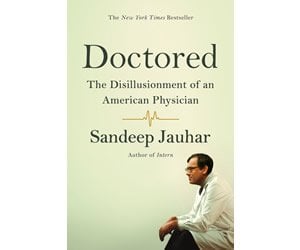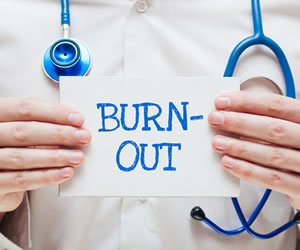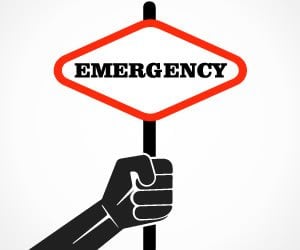When you applied to medical school, you probably had an excellent answer to the question “why do I want to become a doctor?” If that answer is still valid for you today, when you are ready to embrace healthcare as your career, you should know the road ahead is not always a smooth sailing through a field of roses. There are plenty of challenges ahead, and today we will look at some of them to keep you prepared for the future.
Burnout, In Retrospect: A Physician’s Experience
It took around four years to experience burnout. It was 3 A.M. in a rural … Read more















